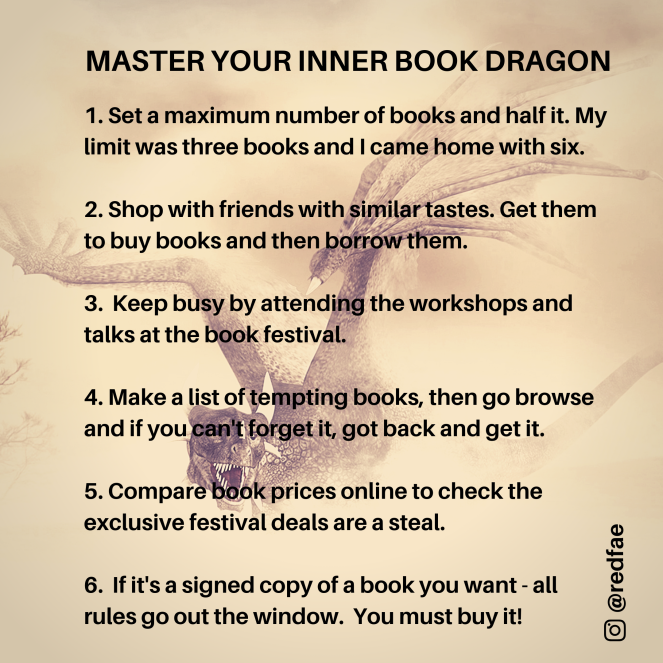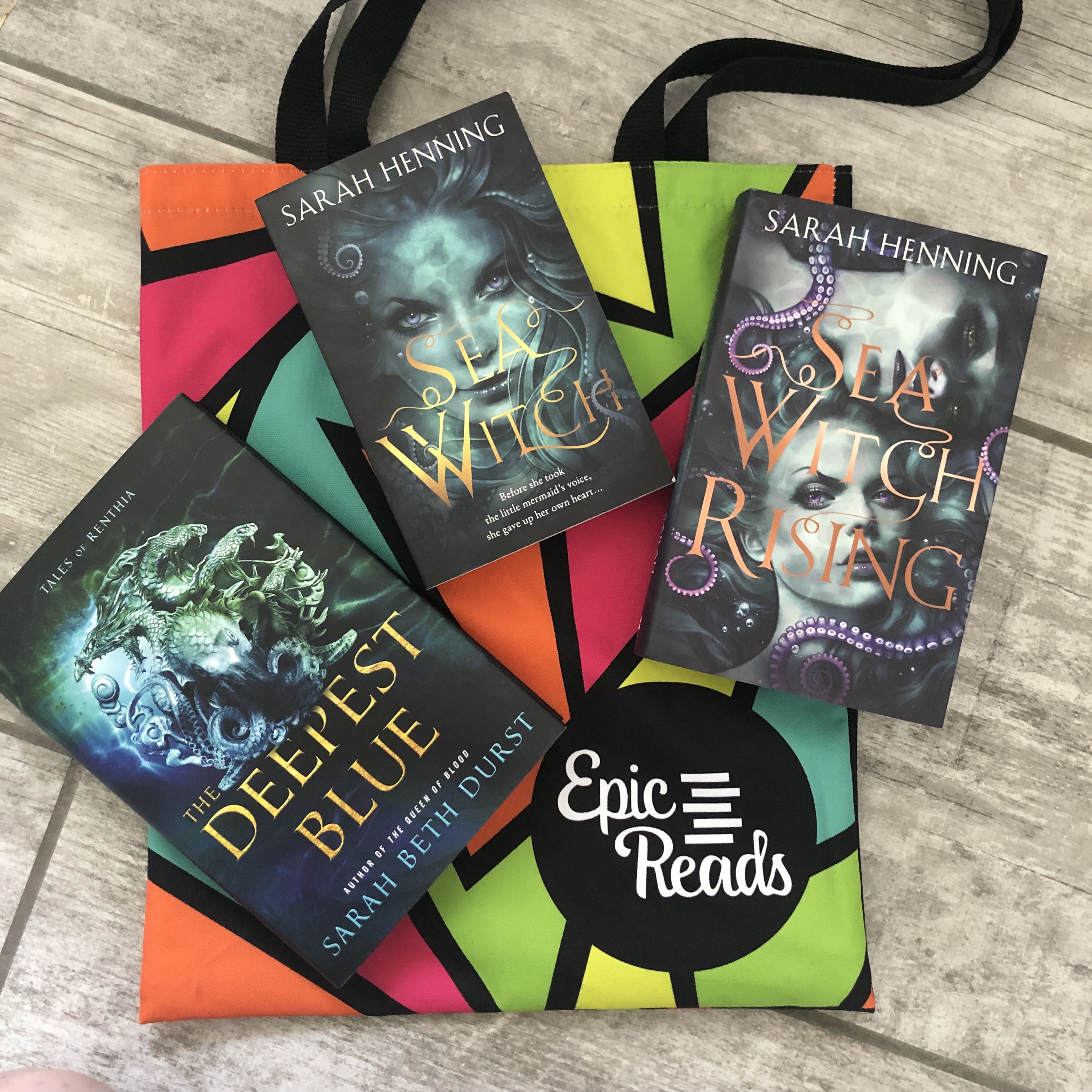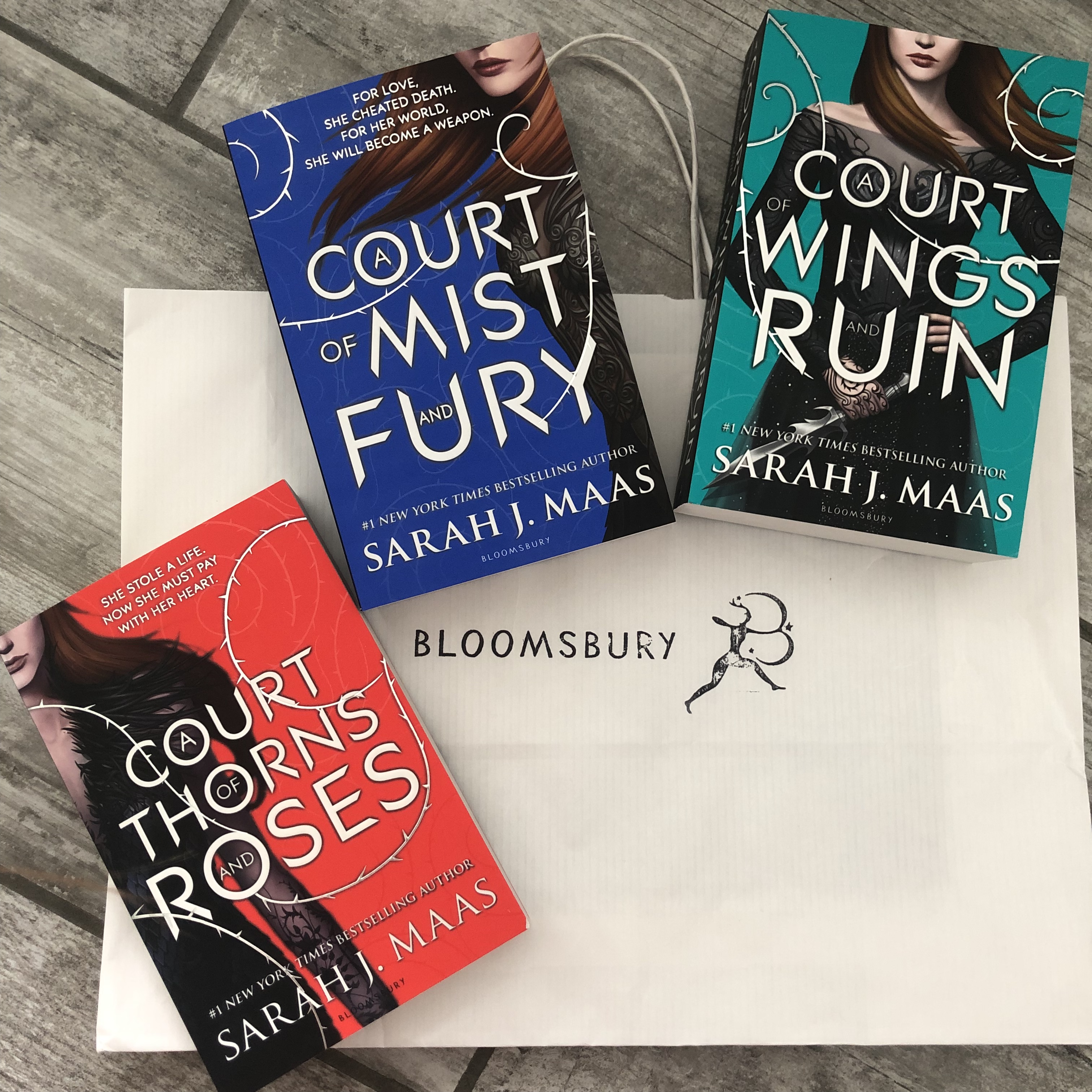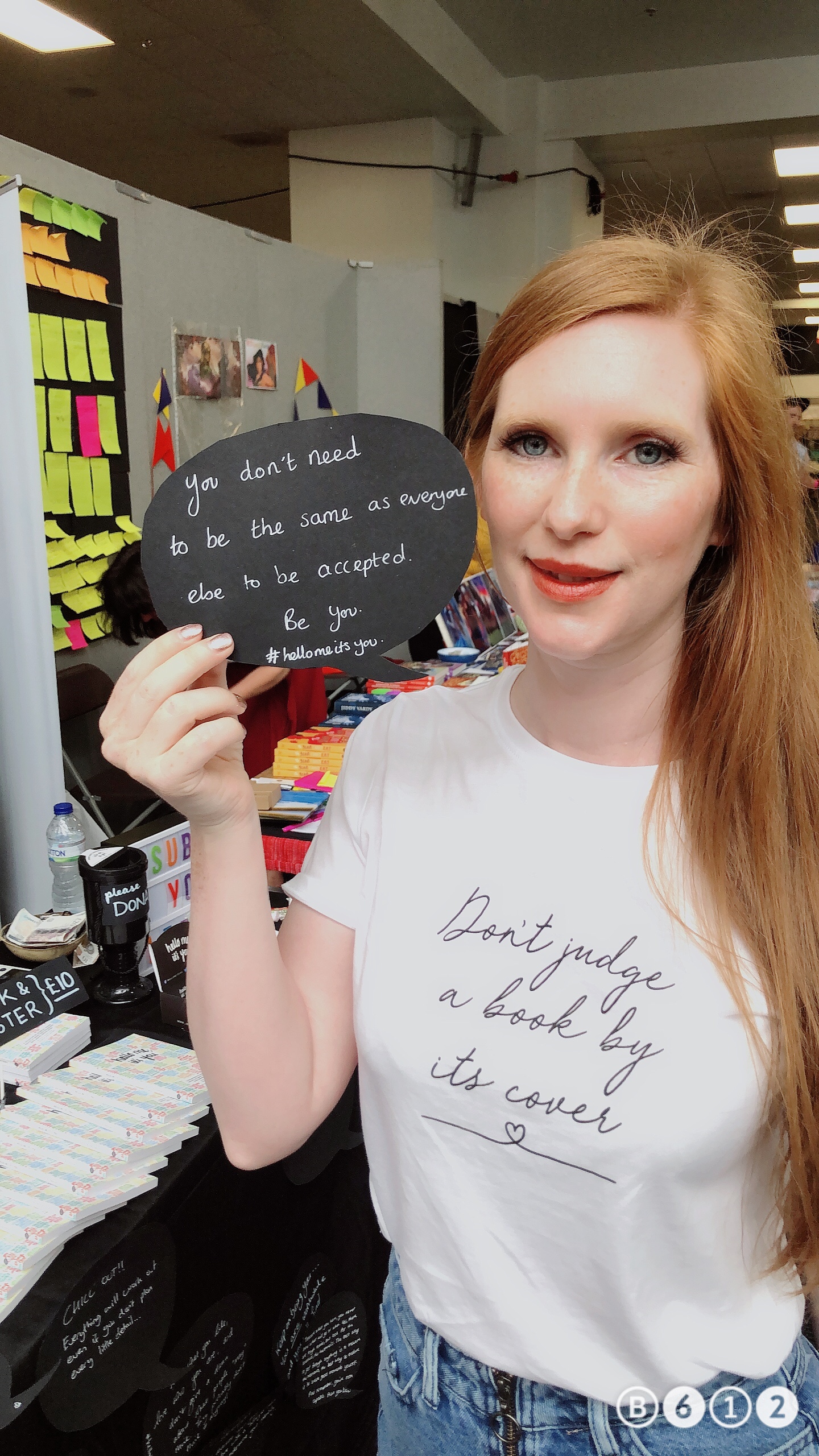
I met debuting author Roxy Eloise through Instagram. We connected during a very exciting time for her author career! Roxy has just landed a publishing deal following her first attempt at PitMad.
In the spirit of authors supporting authors, Roxy agreed to share her experience and some tips to help other hopeful writers find success with PitMad.
What is PitMad?
Well, before we get into things, I should probably cover what PitMad is. PitMad is an event held on Twitter by Pitch Wars. It enables unrepresented writers to pitch their novel in the hope of attracting interested agents/publishers. Those interested will like the tweet to signify a request for the manuscript. Read more about the event on the Pitch Wars website.
Roxy Eloise’s PitMad Success Story:
I joined Twitter in January 2021 with the hopes of connecting with fellow writers, but feeling like the new girl in school, I remained silent for the whole month! For some reason, I felt nervous to send out my very first tweet. Instead, I just watched my timeline, during which, I picked up a few key hashtags, #PitMad being one of them. I kept seeing it over and over again until one morning my curiosity got the better of me. What is this #PitMad? After a quick google search, I discovered I had been on PitchWars.org a few months prior, and I had already bookmarked the page to check out at a later date. Well, I stumbled upon it again, but this time it just so happened to be on the morning of their Twitter event called PitMad.
I only had a short while to prepare my pitch, and I was at a huge disadvantage because I hadn’t gotten myself on any retweet lists, but I decided to try my luck at it regardless and chalk it up as experience. My pitch could’ve been better and there are a few things I would have done differently but I never needed to.
On the morning of March 4th, I started the day by reaching out to a few of my followers and asking them for help. After a few retweets, my pitch began to take off, and by the end of the day, I was on the ‘TOP’ page for the hashtag PitMad. The next day, I had a full request off Entrada Publishing, and then, after a few rounds of proving myself and my book, I got offered a traditional book contract. Thanks to PitMad, The Guidal: Discovering Puracordis will be coming April 2022!
Here is my original pitch which attracted the attention of my publishers:
#Pitmad
✨The Guidal: Discovering Puracordis by Roxy Eloise✨
?YA ?Romance ? Magical RealismChildren adopted by a powerful man are being raised in an academy to become entitled droids, but if one girl discovers her full potential, her adoptive father will have her killed.
— Roxy Eloise (@RoxyEloise_) March 4, 2021
Now after you read this article, you will notice its flaws, and this is what I would have done differently:
THE LAST AIRBENDER X DIVERGENT
A suspiciously paranoid man adopts children to protect him. All raised in a strict academy together, one trouble-maker discovers she is dangerously different. #PitMad #YA #D #MR #R
Roxy Eloise Revamped Pitch if she were to do it again
But with everything in life, we learn as we go. Isn’t it crazy how when we were newbie writers we believed our first drafts were outstanding? But then we grew as writers and now we cringe at our early drafts. If you still think your first draft is amazing, unfortunately you still have some growing to do. But one day you will see it, and when you are at that stage, you are ready to pitch your work.
Follow the seven secrets below, and you too could see yourself a PitMad success.
Seven Secrets to PitMad Success

1. Read the Rules
This point may be self-explanatory, but it’s surprising how many tweets I see before the start time or how many I see with GIFs. What’s the point of going through so much effort to create an awesome pitch only to risk your chances of success with an image? Don’t hinder your chances; read the rules carefully before participating.
One last thing to remember is to not like your friends’ pitches. The like button is reserved specially for agents and industry professionals. You can show your support by leaving comments or retweeting.
2. Create your Ultimate Pitch – CONFLICT IS KEY
So you’ve read the rules and now you’re ready to create your eye-catching tweet. Well, first off, what’s not eye-catching is a sentence with unfamiliar names which instantly make the agent feel lost. If you have a unique MC name, keep it for the full proposal. Refer to your character as a boy, a woman, a witch, a lawyer, a narcissist.
You only have 280 characters to entice your agent, so do just that… entice them. You don’t have to explain the plot of a 100K novel in 2 sentences. To entice them, focus entirely on the conflict. Any other elements can be revealed after you’ve reeled them in and they’ve asked for a full request.
Which one of these would you hit the like button for:
Saraiya walked the street at night when she was kidnapped by Kanhoa and put in an enclosure with other prisoners. She falls in love with Fenrir and they devise a plan to escape. (All names taken from actual pitches.)
VS.
A man steps from the shadows and covers her mouth. When she wakes up naked and exposed, she immediately needs to fend for her life. She is not alone in this prison.
One focuses entirely on the conflict, whilst the other introduces stakes that I could take or leave. Escape is obviously the stakes. Life or death is another. It is not necessary to TELL the agent. You have already SHOWN it in the pitch.
One pitch also made me stumble over unfamiliar names. The agent will learn your unique names in the synopsis. This is also the time for them to learn about the added romance.
3. Use Hashtags and Comp Titles
Got a romance in your genre-blend sci-fi, adventure novel? Tell them with Hashtags. The agent may be very specific in what they are looking for. If they want sci-fi with a romance they can search #PitMad #SF #R and your tweet could suddenly appear on the ‘TOP’ page. Visibility—when you’re in amongst hundreds of thousands—is fundamental. Find which hashtags to use on their website.
Comparative titles can very quickly build a picture in an agent’s mind and it only takes a few characters. If I said to you HUNGER GAMES X HARRY POTTER, you suddenly think “okay, witches and wizards fighting it to the death in a sinister survival game.” You know there’s magic, and you also know there’s a survival of the fittest game. You got all that from just 27 characters. It’s a good use of your limited 280.
4. Have fun and Be Active
Being active can help tremendously on the day. If you support other authors, they are likely to support you back. Positivity can go a long way, so have fun and enjoy the day engaging with fellow writers.
You will also learn a thing or two by reading other pitches. You learn what to do and what not to do. If you find yourself saying “who cares?” after every stakes question, then don’t use a stakes question. “Who will win?” “Will they do it in time?” “Will they survive?” Who cares?
5. Pin your Pitch
So, you have the pitch of your life and your friends want to come and support you, but they go to your profile and are met with a list of other people’s tweets. Or worse, the agent liked your pitch but wanted to see your profile before they hit the like button, and now they are on your page and can’t find your pitch. What they do see though, are your fellow writers’tweets. Great for them but not great for you. You potentially lost an agent.
To solve this, simply pin your tweet so it stays at the top of your feed on your profile.
6. Make a Retweet List and Get on Retweet Lists
So this is not one-hundred-percent essential but it does help. Not only are you engaged, active, and having fun, you are receiving support on your own pitch.
Retweets may sway an agent to hit the like button if they think other people are interested. Sometimes they could be undecided and 200 retweets could be the one thing that persuades them.
7. The Flaw to THREE Variations
And finally, you come up with three variations of the same book, you send them out a few hours apart, and they all get 50 retweets each… Well, if you weren’t distributing your retweets between three pitches, you could’ve potentially had150 retweets on one post. Having 150 on one, looks better than 50 on three. And guaranteed they are 50 different accounts on each post.
Now, I know agents may not be biased and like pitches according to the amount of retweets they have, but I can also guarantee that if you go and look at a pitch with 500 retweets, it has at least one agent like on it. It’s all about making your pitch look popular and generating a bit of excitement about your story; after all, it is fabulous!
Why not let the retweets reflect that. Retweets also get you on the ‘TOP’ page for that hashtag, and this means even more exposure for you.
Thank you Roxy
I want to thank Roxy for taking her time to write this post for my blog, and I hope this helps another aspiring author to achieve their dream.
I also love that despite getting a deal on her first PitMad, Roxy is already reflecting on what she could do better. And, that is the key quality of successful people, to keep growing and improving. I’m sure this book deal is just the start of her author career and I can’t wait for her book to release and to see the other titles that follow on for this debuting author.
Make sure you follow Roxy Eloise to keep up with her journey and book news. Here are her links:
www.instagram.com/RoxyEloiseOfficial
If you enjoyed this, you will like:
PitMad September 2019 – My Experience
PitMad December 2018 – My Experience
Writers Beware – Know who you are querying

[kofi]










 I went on the Sunday. I was so excited leading up to it that I didn’t sleep and I was shattered. Somehow, once I got there, my energy came back and I had an awesome time. We got to the outskirts of London at around 9am. The tube took 1.5 hours to Earls Cross. They […]
I went on the Sunday. I was so excited leading up to it that I didn’t sleep and I was shattered. Somehow, once I got there, my energy came back and I had an awesome time. We got to the outskirts of London at around 9am. The tube took 1.5 hours to Earls Cross. They […]